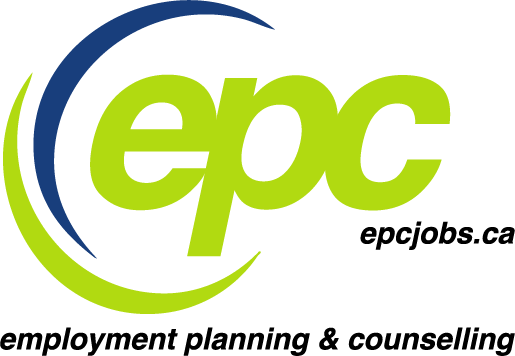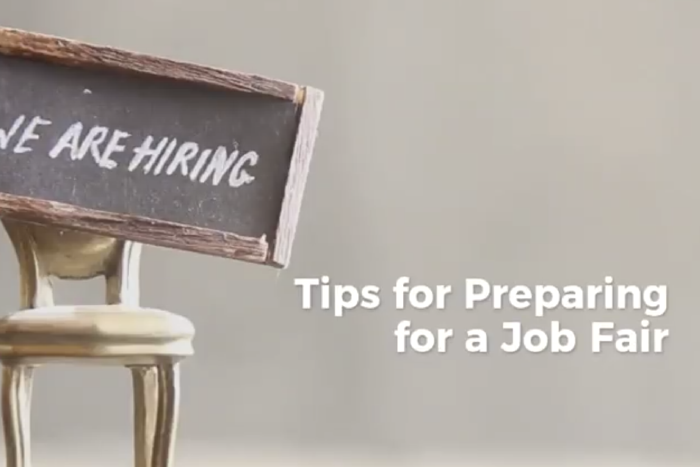It has often been quoted that “there is no love stronger than a parent’s love for their child.” With the goal of raising happy, health, successful adults, we do everything in our power to create opportunities that will allow our children to have many doors open to them in the future. Sometimes the intent to be helpful can inhibit a child’s ability to become confident, independent, resourceful and successful. While the process of finding employment can be challenging and discouraging, allowing them to find and maintain the job helps them develop the skills they need for the numerous career changes ahead. We have outlined some tips that will allow you to show your support while also promoting independence during the job search and career planning process.








